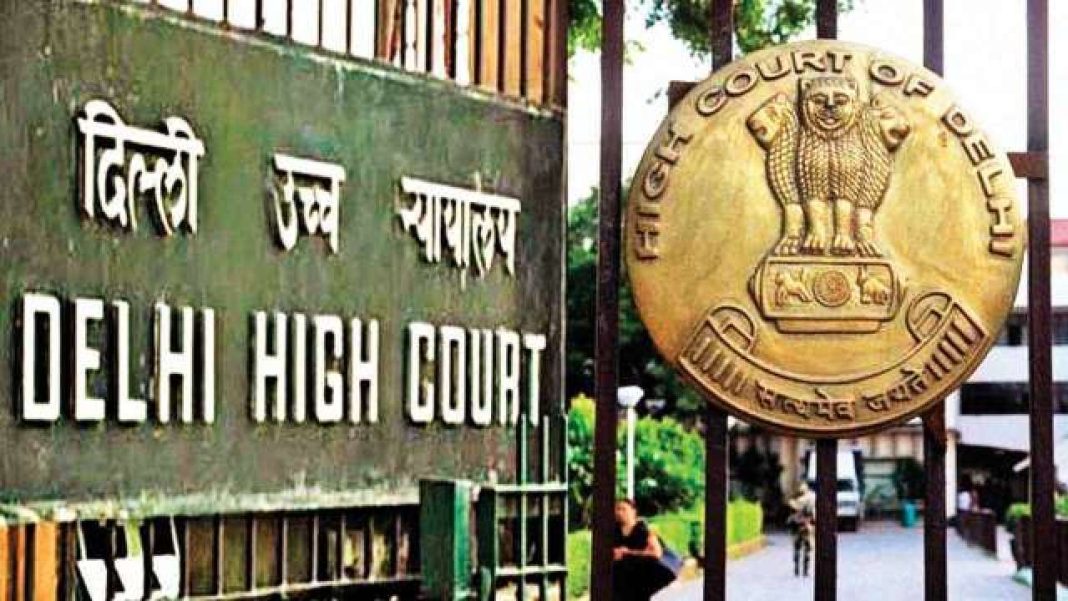The Delhi High Court on Thursday rejected the petition filed by Delhi Chief Minister Arvind Kejriwal, seeking interim protection from arrest after skipping nine summons issued to him by the Enforcement Directorate (ED) in connection with the Delhi Excise Policy scam case.
The Division Bench of Justice Suresh Kumar Kait and Justice Manoj Jain noted that Kejriwal’s plea for interim protection will be heard on April 22 with his main petition challenging the ED’s summons.
The High Court said that it was not inclined to grant any such protection at this stage.
Appearing for Kejriwal, Senior Advocate Abhishek Manu Singhvi contended that ED’s latest summons was issued to him on March 16, the same date when the schedule for the Lok Sabha elections were announced.
He alleged that the probe agency was being misused to create a non-level playing field before the elections.
He argued that none of the ED’s summons clarified whether Kejriwal was being called for questioning as an accused or a witness.
He argued that the national convenor of the Aam Aadmi Party was not a man who would flee or influence witnesses or tamper with evidence.
He remarked that the triple test was satisfied, noting that elections have been announced and Kejriwal was the head of a national party. He was saying that he would answer all the questions and was ready to appear through a virtual conference or answer their questionnaire.
The Senior Advocate referred to certain orders of the Supreme Court as well as the High Courts where interim protection from arrest was granted to people being probed by the ED.
Appearing for the national agency, Additional Solicitor General (ASG) SV Raju contended that the law cannot be different for someone just because he happened to be the Chief Minister of a State.
Raju clarified that Kejriwal has not been summoned in his official capacity as Chief Minister or the National Convenor of AAP, but in his personal capacity.
The agency said there was a necessity to call Kejriwal for interrogation. ED cannot go beyond the law. The law was the same, whether someone was a Chief Minister or not. He was being called in his personal capacity, not as a Chief Minister or the chief of AAP.
A person who has no respect for the law was not entitled to any protection of the law, added the ASG.
He said that AAP was not even an accused in the case and, therefore, Kejriwal’s plea challenging those PMLA provisions which included a political party under the ambit of the money laundering law, was based on mere assumption


